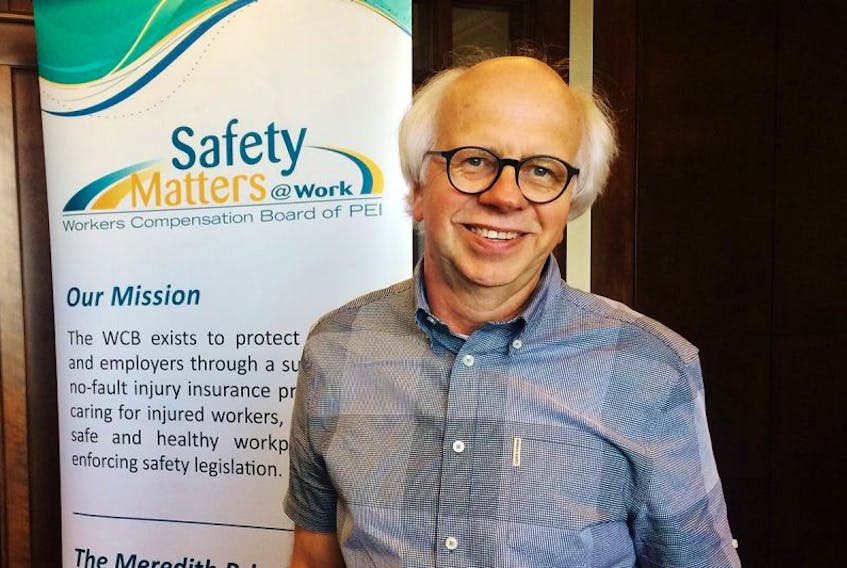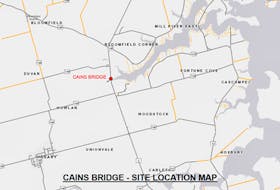Dr. Hendrik Visser is responsible for reviewing cases and providing medical opinions on injury claims submitted to the WCB in Prince Edward Island.
During a presentation at the Workers Compensation Board (WCB) annual meeting in Charlottetown Monday, Visser raised concern about the increasing perception of cannabis as a “magic bullet” among physicians.
“There’s a lot of unanswered questions about medical marijuana. There are proven benefits, but there are also big gaps in the research in terms of double blind studies that show their effectiveness,” he said.
He pointed to other drugs seen as miracle cures in times past that proved later to be harmful and addictive, including opium in the 1800s, Valium in the 1960s and Oxycontin in the 1990s.
He suggested medical marijuana could prove to become a similar pharmaceutical “crisis.”
“In the ’90s, opioids were seen as great potential for dealing with chronic pain, and now we have a crisis. And right now there’s a hope that cannabis, or medical marijuana, is a solution to a lot of health issues. And it is for some, but not all.
“There’s a hope that it is a “magic bullet,” which it isn’t. It has moderate effects for some conditions, but we don’t know what the future holds because strains are being grown that are more potent,” Visser said.
“There’s a lot of unknowns, and history may repeat itself.”
He says the WCB was given a legal opinion that employers have a “duty to accommodate” employees who take medically prescribed marijuana “to a point of undue hardship,” but also noted this definition is murky.
When it comes to Workers Compensation Board claims, Visser noted requests for WCB coverage of medical marijuana are increasing.
“The requests are rising, with the current media attention and with the current prescribing practices since medical marijuana has been legalized in Canada,” he said, adding that not all requests for medical or surgical coverage are accepted.
When asked how his personal views might influence WCB claims involving medical marijuana, Visser says the board will look to other jurisdictions for guidance and hopes to see more “double blind” studies performed on the effectiveness of cannabis as a medical treatment.
“We will be cautious, and other boards across the country are being cautious, and we will review the research and make what we feel, based on our colleagues across the country, the best decisions for injured workers.”









